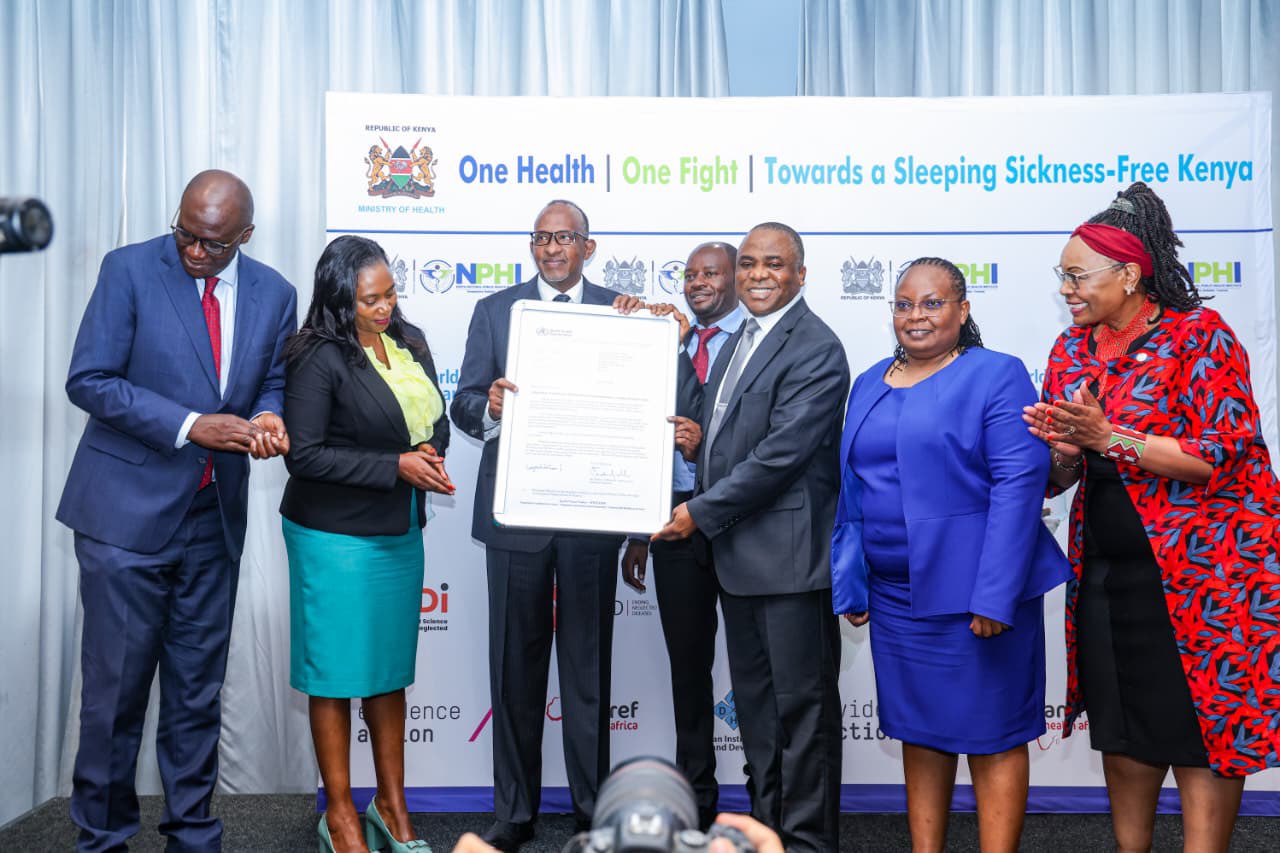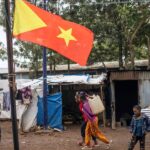WHO Officially Recognizes Kenya for Eliminating Sleeping Sickness, Marking a Historic Public Health Victory
Kenya has achieved a groundbreaking milestone as the World Health Organization (WHO) officially recognized the country for eliminating sleeping sickness, also known as human African trypanosomiasis (HAT), as a public health problem. This recognition places Kenya among the select group of African nations that have successfully defeated one of the continent’s most devastating neglected tropical diseases.
Sleeping sickness, caused by parasites transmitted through the bite of the tsetse fly, has historically plagued rural African communities, leading to widespread suffering and death. The disease progresses silently but is almost always fatal if left untreated. For decades, it disrupted lives, destroyed livelihoods, and slowed economic development in affected regions. Communities in parts of Kenya lived under the constant shadow of the disease, which not only claimed lives but also hindered farming, cattle rearing, and other vital economic activities.
Kenya now becomes the 10th country in Africa to reach this critical public health milestone. This success is the result of years of tireless surveillance, sustained medical interventions, cross-border collaboration, and strong community health systems. The government’s commitment, alongside support from international partners, has transformed what was once a deadly scourge into a public health victory story. From strengthening healthcare systems to increasing public awareness and deploying effective treatment, Kenya has demonstrated that neglected tropical diseases can be tackled with persistence and well-coordinated strategies.
WHO Director-General Dr. Tedros Adhanom Ghebreyesus hailed the achievement, describing it as a major step forward in Africa’s long battle against neglected tropical diseases. He emphasized that Kenya’s success highlights what can be achieved when governments, local communities, and global health institutions work together toward a common goal. According to Dr. Tedros, this recognition is not just about eliminating one disease but about paving the way for Africa to move closer to freeing itself from the burden of diseases that have historically trapped millions in poverty.
Kenya’s Cabinet Secretary for Health, Dr. Aden Duale, expressed pride in the accomplishment, noting that it is a turning point for both health and economic development. He stressed that eliminating sleeping sickness will not only save lives but also unlock opportunities for rural communities, farmers, and businesses that have long struggled with the economic impact of the disease. With healthier populations and reduced healthcare burdens, the country can expect stronger growth, improved productivity, and greater prosperity for its citizens.
This recognition by WHO serves as a beacon of hope for other nations still battling sleeping sickness and other neglected tropical diseases. Kenya’s achievement underscores the importance of sustained political will, scientific innovation, international cooperation, and grassroots engagement. It shows that with determination, Africa can overcome diseases that were once thought impossible to control.
Kenya’s victory is not just a national triumph it is a continental inspiration. It demonstrates that Africa has the capacity to conquer health challenges that have persisted for centuries. As WHO continues to support other countries in their fight against neglected tropical diseases, Kenya’s success story will remain a powerful example of resilience, progress, and the promise of a healthier future for millions across the continent.













Leave a comment